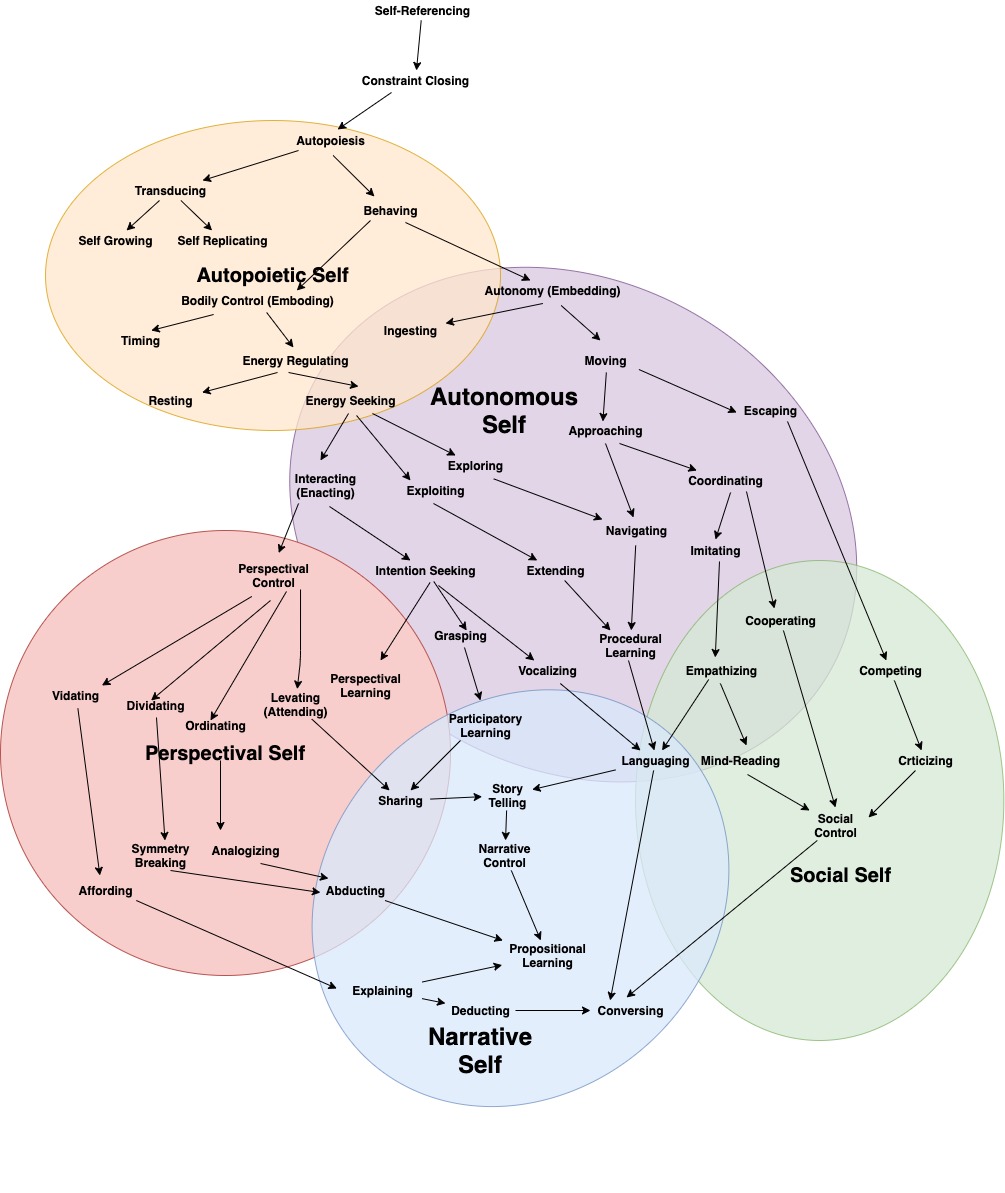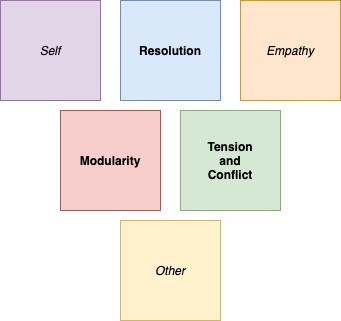
We use the word causality as a means of understanding cognition but we don't really understand its distinctions. Let's look at what C.S.Peirce had to say about causality. 

What @yudapearl says is that to understand a system one needs to hypothesize a model of the system and then see how this model is in agreement. Statistics is just one of the methods of testing. But it's not how one formulates the original model.
Peirce called this cognitive capability to hypothesize about the world as Abduction. Bayes rule is in fact a kind of abduction. When Bayesians talk about formulating priors, they are actually implicitly talking about an impoverished form of abduction.
Formulating a suitable prior is a meta-mecahnism outside of Bayesianism. The magic trick performed by Bayesians is to have misdirected to focus on Bayes Rule. The reason why the approach is magical is that abduction is unexplained by the theory and thus magical.
Cognition works through abduction. We create mental models of this world and match these mental models with reality. These mental models may not be logically connected, but the more of these models that are aligned with our observations, the more we use these models.
An insect has few mental models of reality. That is why they are easily fooled by the surface characteristics of beer bottles. Humans have greater faculties to see and feel the world. We have more models and are thus less fooled.
Humans leverage intuition that we share with other mammals with an intuition for language. This combination allows us to assimilate declarative knowledge into our repertoire of models. Humans simply have a richer variety of models to explain the world.
Peirce wrote "men’s conceptions of a cause are in different stages of scientific culture entirely different and inconsistent. ... The only thing about it which has stood is the name of it."
Peirce hypothesized "(i) cause-effect relationships are irreversible, (ii) causes only partially determine their effects (there is always an aspect of indeterminateness or chance involved), (iii) cause-effect relationships are determined by probabilistic laws."
Peirce notes that “the very conception of causality has its origin in our tendency to seek relations in nature analogous to intellectual relations."Therefore, Peirce avoids an anthropocentric and deterministic definition but one based on (yet to be formulated) emergent relations.
Peirce has a parallel explanation of mental processes "(i) cause-effect relationships are irreversible, (ii) causes only partially determine their effects, and (iii) cause-effect relationships are determined by the laws of association"
Notice the difference in causation and mental processes. Reality is driven by probability laws (in Peirce words) and the mind is driven by associations that "in some sense analogous to the probabilistic laws of nature".
Peirce makes a distinction between causation and causality. Where causality is the relationship between facts. Facts here are an abstraction of reality, that is a consequence of a mental process.
Causation is a consequence of a generative process. Causality is a description of the relationships between abstractions in that generative process. So when we speak of causality, we speak exclusively of a mental process. That is, the creation of models of this world.
It's just surprising how consulting C.S.Peirce ideas can be so insightful to tease out distinctions of concepts that we take for granted. For more on this, read: commens.org/encyclopedia/a…,(or%20context%20of%20causation).
@threadreaderapp unroll
• • •
Missing some Tweet in this thread? You can try to
force a refresh




